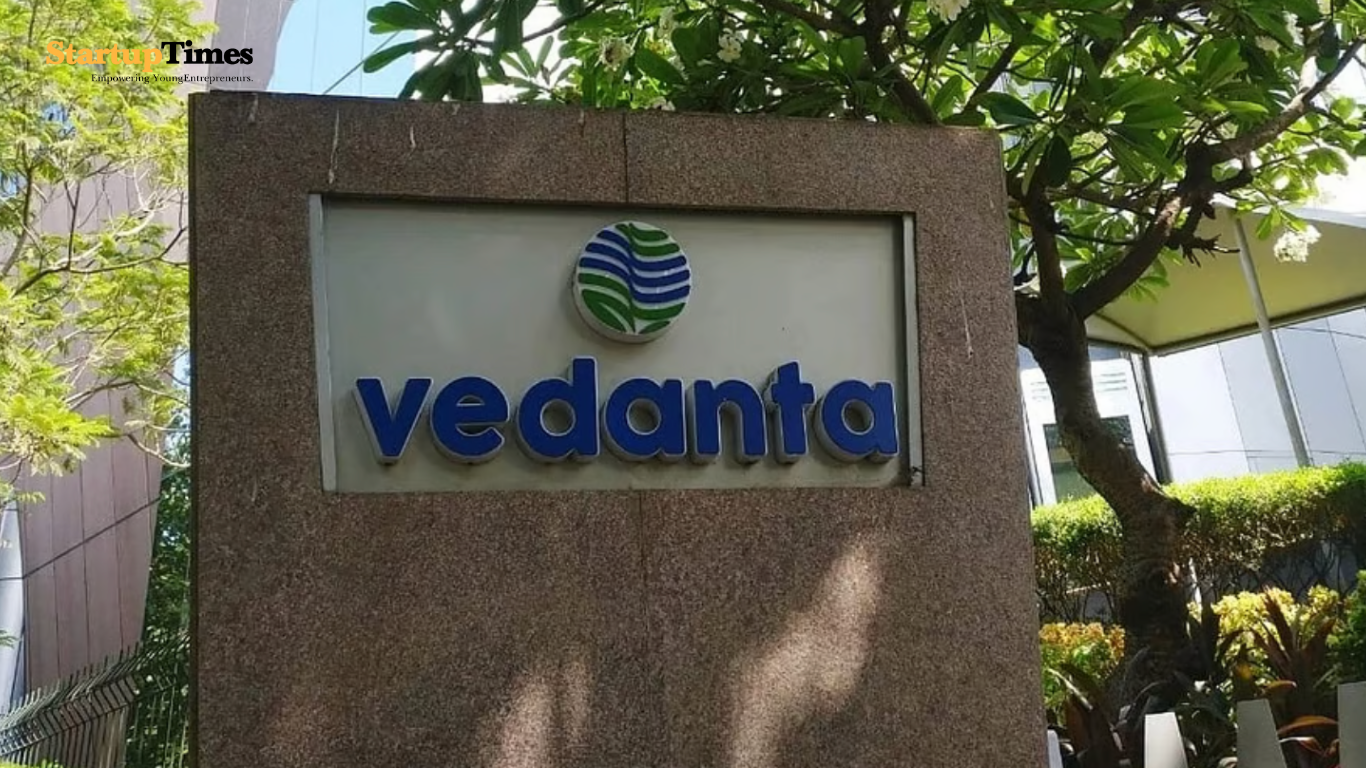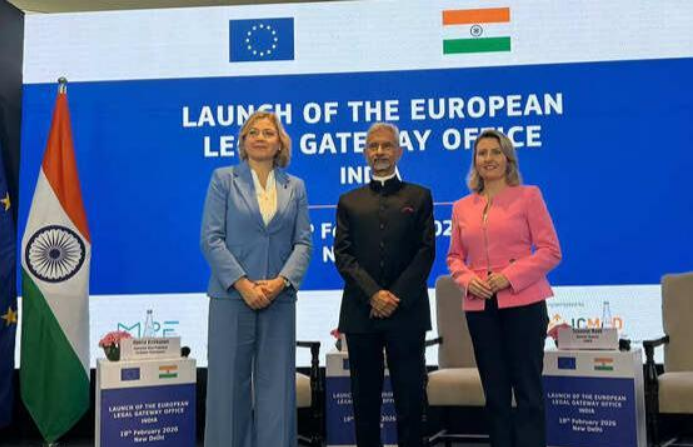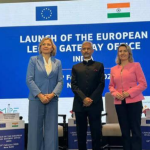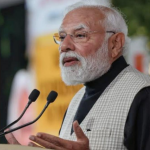Mining and metals conglomerate Vedanta Limited is setting an ambitious target for its aluminium business, aiming to double its Earnings Before Interest, Tax, Depreciation, and Amortisation (EBITDA) to approximately $4 billion by the end of the current fiscal year (FY26). This significant financial leap is expected to be a key driver for Vedanta's overall profitability, making aluminium its second-largest business in terms of EBITDA contribution, after domestic zinc operations.
The company's senior executives, including Chief Financial Officer Ajay Goel and Executive Director Arun Misra, outlined this aggressive target, emphasizing that the improvement will be fueled by a three-pronged strategy: increased focus on value-added products, achieving greater self-sufficiency in raw materials, and commissioning new smelting and refining capacities.
In the last fiscal year (FY25), Vedanta's aluminium business recorded an EBITDA of ₹17,798 crore, marking an impressive 84% growth. The EBITDA per tonne stood at $871 in FY25, a substantial increase from $494 per tonne in the previous year. Vedanta expects this per-tonne EBITDA to further improve to around $1,300 by FY26, underpinning the projected doubling of overall EBITDA.
Vedanta, already India's largest aluminium producer with an output of 2.42 million tonnes last fiscal, is actively expanding its operational footprint. An additional 435,000-tonne capacity is slated for commissioning at the company's Balco smelter this year. Furthermore, approximately 250,000 tonnes will be added at its Jharsuguda facility in Odisha, pushing the total annual capacity beyond 3.1 million tonnes.
A crucial element of this strategy is backward integration and raw material security. At Lanjigarh, where Vedanta refines alumina, capacity expansion is underway with plans to reach a total of 6 million tonnes per year. For bauxite, the primary raw material, Vedanta anticipates initial production from its Sijimali bauxite mine this year, with the Kurloi and Ghogharpalli mines expected to come online within a year. This move towards self-sufficiency is projected to significantly reduce production costs, potentially by around 10%.
The focus on value-added products is another strategic pillar. Vedanta aims to increase the proportion of value-added products to 90% of its total aluminium output, a move designed to secure higher margins and enhance market differentiation. In FY25, the company sold 1.27 million tonnes of value-added products, and this figure is set to grow considerably.
The bullish outlook is also supported by strong domestic demand for aluminium, which is currently growing at approximately 12% annually in India. Global spot aluminium prices are also favorable, with consensus suggesting a potential rise to $2,750 per tonne, levels seen last year.
Vedanta's confidence in its aluminium business is part of a broader corporate transformation. The company is actively progressing towards a demerger into sector-focused entities, which is expected to unlock value and provide independent growth paths for each vertical. The robust performance and ambitious targets for the aluminium business highlight its central role in Vedanta's future growth strategy and its commitment to becoming a fully integrated and highly profitable player in the global metals industry.










